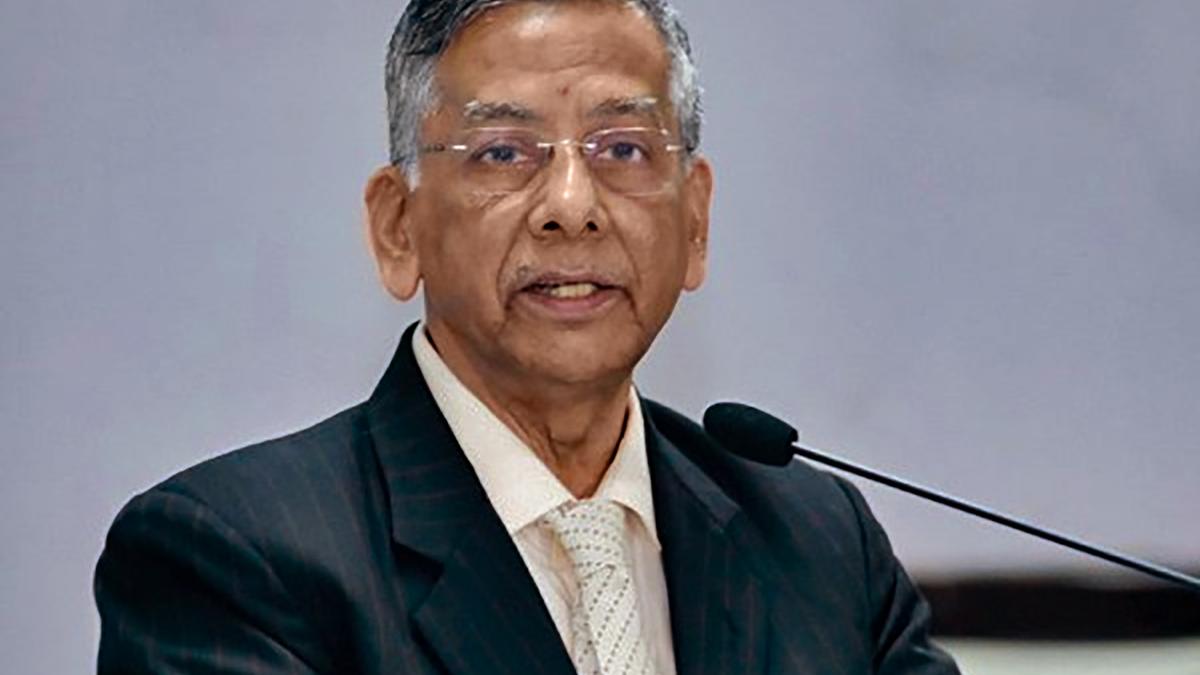Now Reading: Governors Cannot Withhold Assent Without State Cabinet Advice: Attorney General
-
01
Governors Cannot Withhold Assent Without State Cabinet Advice: Attorney General
Governors Cannot Withhold Assent Without State Cabinet Advice: Attorney General

Quick Summary
- Event: Attorney General R.Venkataramani addressed a five-judge Bench led by Chief Justice of India B.R. Gavai on August 19,2025.
- Key Argument: A Governor’s power to withhold assent for State legislation operates independently of the Council of Ministers and might potentially be exercised contrary to their advice.
- Legal Basis:
– Governors exercise “personal autonomous judgment” on such matters guided by constitutional principles.
– Article 163 governing Governors remains unchanged despite amendments, unlike Article 74 which mandates Presidential adherence to Cabinet advice.
- Specific Case Reference:
– Mr. Venkataramani argued the Tamil Nadu Governor’s case raises meaningful constitutional questions deserving examination by a Constitution Bench (minimum five judges) under Article 145(3).
- Supreme Court Reaction:
– Justice P.S. Narasimha countered that not all cases involving substantial law warrant automatic referral to larger benches, stating polyvocal opinions are usual even in Presidential References.
Indian Opinion Analysis
Attorney General R. Venkataramani’s focus on the Governor’s discretion highlights an ongoing debate over the balance between State executive independence and legislative authority in India’s federal structure. Presenting his argument before a Constitution Bench reflects the complexity inherent in interpreting Articles like 163 and their interaction with other constitutional provisions post-amendment.
This matter underscores broader implications for governance, especially given potential clashes between Governors and elected legislatures in interpreting constitutionality of laws-a scenario more likely during politically polarized periods. While proposing referrals to larger benches ensures elaborate deliberation, Justice Narasimha’s skepticism suggests judicial efficiency also plays a role when determining proceedings.
The ultimate interpretation will influence precedents affecting how States navigate legislative conflicts with appointed officials acting independently-an issue crucial for India’s cooperative federalism framework.Read more at The Hindu























